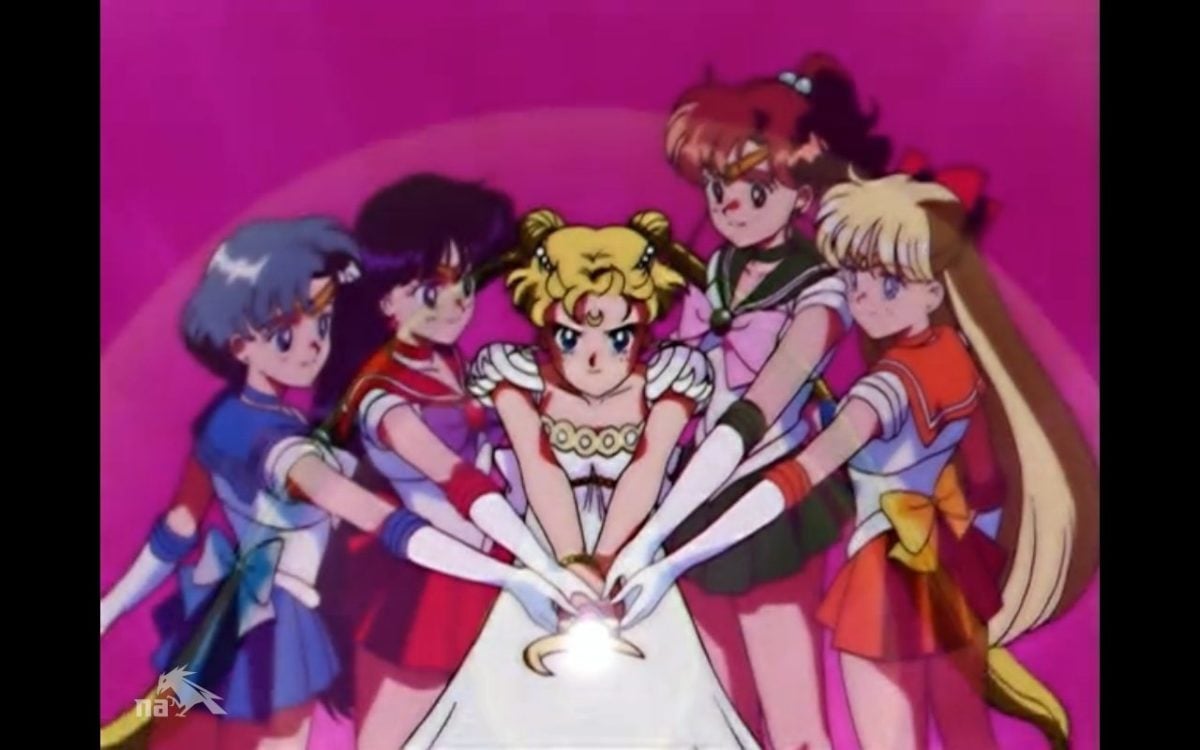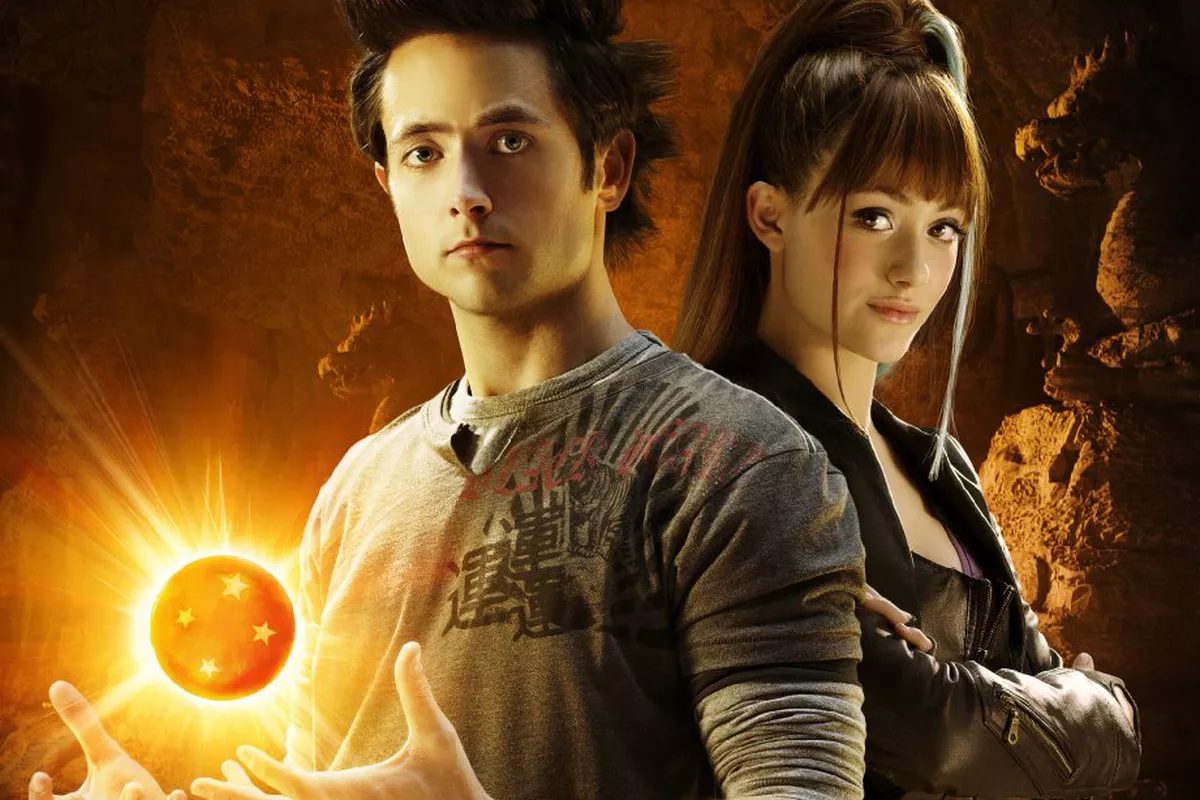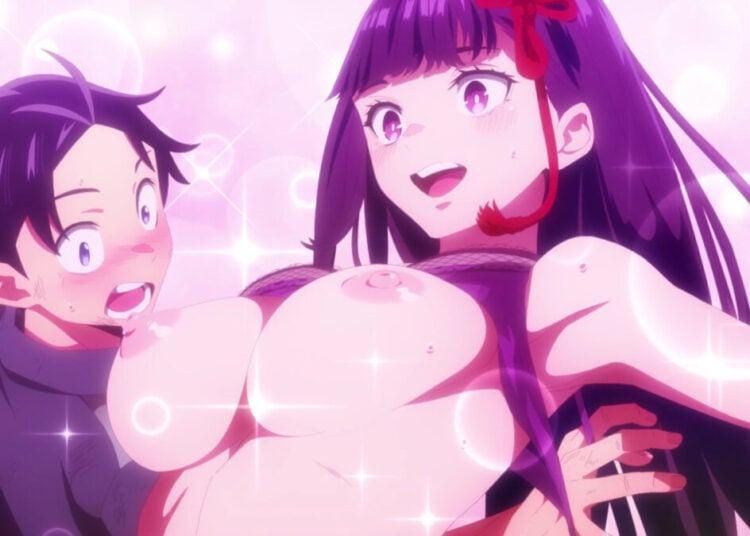Life is full of firsts, patterns, and habits. Hobbies and leisure are often about experiencing new things, and anime is no exception. With anime, there are a lot of firsts available, and they can be conveniently shoved into categories defining how deeply involved and invested someone feels in our shared hobby. Though this series is based on anime and directly related subjects, like anime figures, I’ll also bring up stuff like video games, that’s not linked to anime by much more than being from Japan, and the design consequences of a shared culture.
Our first trip into anime firsts is one of wonder and surprise. That first time you heard some people talking, or saw some tidbit of information online, or went looking to find out who made your favorite show only to realize, *gasp*, it was anime. But wait, what is anime? Maybe you’d never heard the word before. Well, it’s some neat animated stuff from Japan is what it is, and you like it, and maybe you even want to see more. You’ve been hooked.
Anime can only surprise you for so long before you inevitably discover what it is, and it’s a time of wonder and mystery, with the childlike ability to take things for granted. Odds are you were a kid at the time you were first exposed to anime, though you may not have realized it until years later. Maybe your parents were prototype otaku, and you knew the cartoons showing in your house were straight from Japan via one translator or another. Whatever the case, your opportunity for wide-eyed wonder was there. I know I’m taking advantage of the fact that I need to find presents for small children more often, as cousins and friends settle into family life, and a super soft kawaii plushie from J-List has ended up in the hands of more than one tiny human.
For me, the first exposure I had to anime was either Sailor Moon, or Dragonball, followed closely by other childhood staples like Digimon and Pokémon. Little did I know that my exposure to Japan’s children’s entertainment was even earlier than that, with Mighty Morphin Power Rangers. It made the five sailor scouts a natural party dynamic, one that is still my personal preference for storytelling. I got to enjoy all these shows with wide-eyed childish wonder, and they were the basis of any number of childhood games on the playground, but I had no idea Japan had anything to do with them.

My awareness of Japan developed over time, and I enjoyed Japanese media as simply different, and often more entertaining, than competing cartoons. I enjoyed the stories and the way they inspired my imagination with my joy of books, making me want to tell my own stories. Along the way I heard stuff like how Power Rangers was based on footage from some Japanese show, but I never really developed that into a conscious awareness of genre or style.
The reason there’s a surprise is that this thing you’ve enjoyed since childhood turns out to have a name: Anime. It’s a genre separate from cartoons, and it comes from an entirely different culture. For me, that realization came in my teens, when a friend introduced me to Gundam Seed. The enjoyment of the show, combined with the realization that it was anime, and the understanding I’d been enjoying the genre for a long time, was an epiphany. I wanted more. For the first time in my life, I broke out blank VHS tapes to record the series. The newfound understanding of anime as its own genre was electric. I saw it as something that had stood out from other animation and storytelling, because of its quality. From there I pursued a greater understanding of anime and related Japanese media. I’ve been a fan ever since. Every later step in developing my fandom leads back to the enjoyment of this one show, and the epiphany it led me to.
You can’t relive the early moments you had with anime when you didn’t know what you were getting yourself into, but we humans get a lot of pleasure out of nostalgia. The fact you didn’t know what was happening back then can be an enjoyable anecdote and comforting reminder of simpler times. Shows today reference, or even reboot, what we enjoyed as we were developing our fandom into a stable flame. They take a great risk when they do it too, competing not just against an older product that might be more competent than what they build on its back, but against nostalgia glasses that can make that older work seem even better than it was. Don’t get me started on Western live-action adaptations, however average some of them have been. (I don’t think any could be considered excellent, but I haven’t seen Alita: Battle Angel yet).

Anime surprise firsts are some of the greatest moments of pure enjoyment or imaginative inspiration, but what is done in ignorance, is done passively. It’s only a start. It’s pre-fandom. And for every anime fan, much comes afterwards. But that’s a subject for another article.














